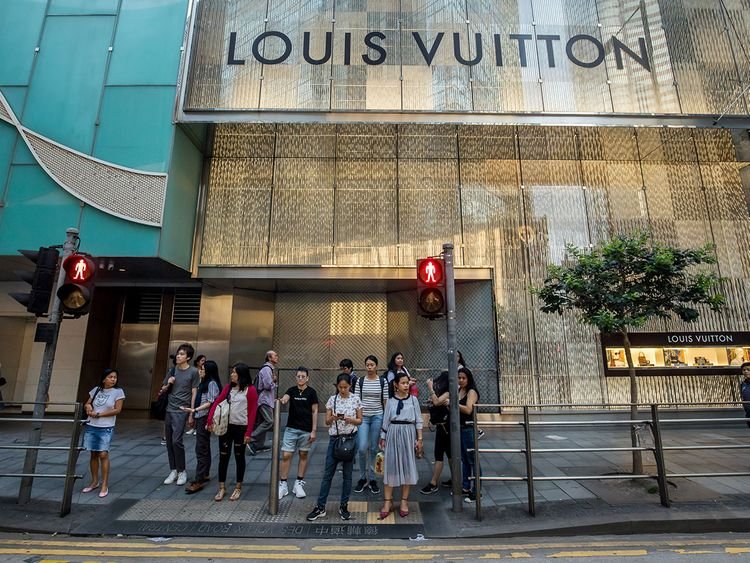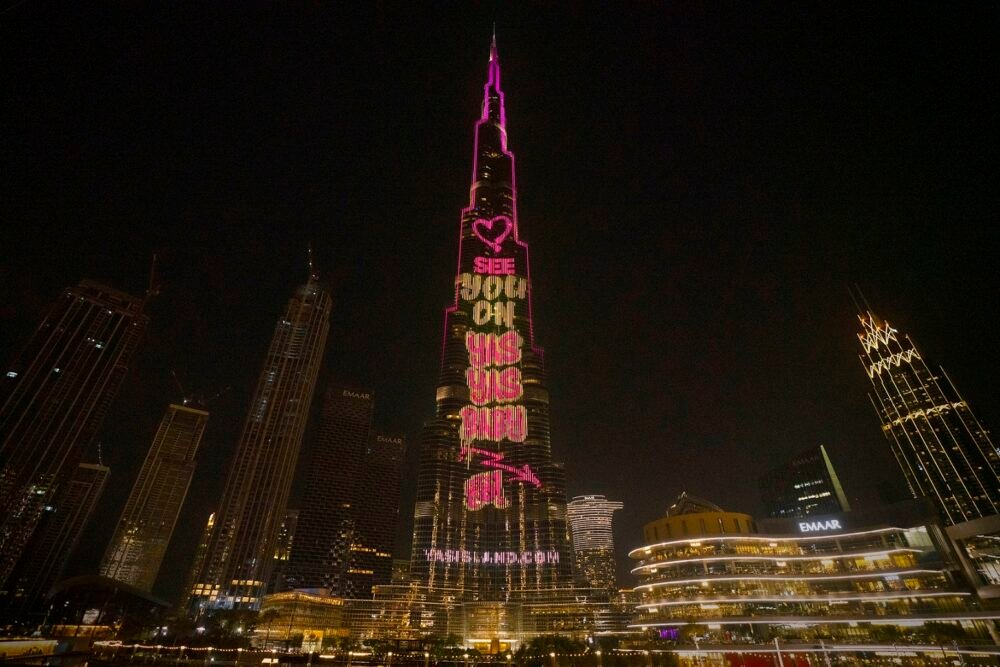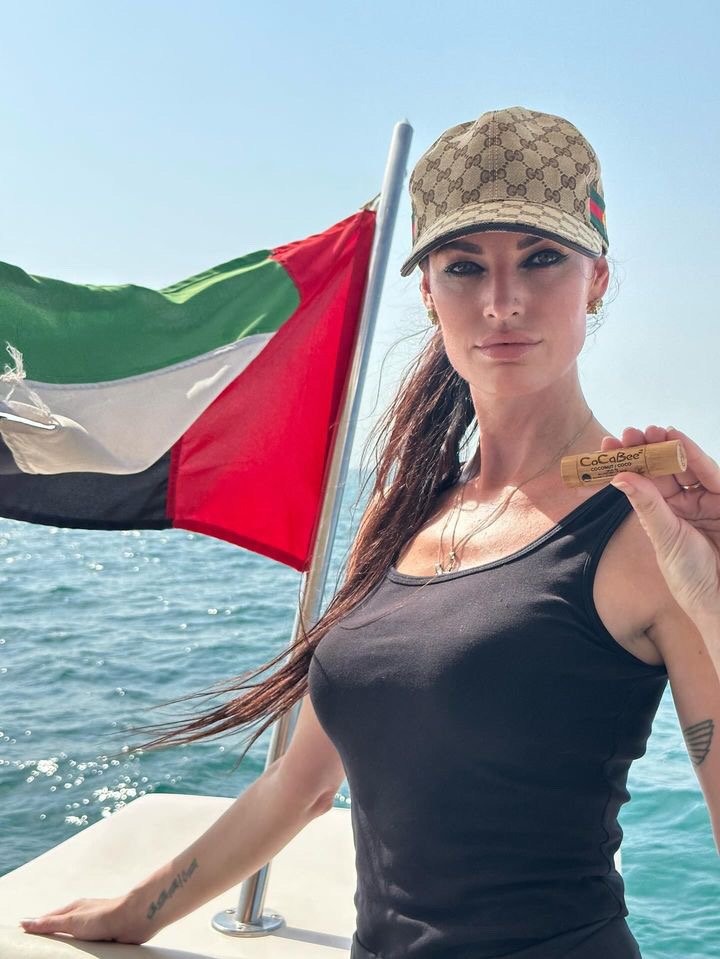The shift of sales to internet platforms does not negate the draw that luxury boutiques may have.
The luxury retail business has emerged from the economic crisis stronger and more active than ever before, and the Middle East is expected to be a significant development engine for the sector in the future. This is partly due to a youthful and aspirational middle-class population, with about 75% of the demographics being of working age.
Read More : The UAE is ranked fourth among the world’s top crypto-ready countries.
According to the Savills Worldwide Luxury Retail study, despite a surge in new store development in the Middle East in 2021, the region’s global share is still 3%, underscoring the region’s untapped potential. Along with established luxury retail centres like Dubai and Doha, which have witnessed a continuous infusion of luxury labels, there is a growing thirst among companies to expand into new markets like Saudi Arabia.
Saudi brand recognition
There was greater activity in Saudi Arabia in 2021, while before Dubai was the centre for new shop openings. The Kingdom’s luxury industry continues to expand swiftly, with predictions indicating that sales might reach $22.2 billion by 2024, representing a 7.2% annual growth rate between 2019 and 24.
For many companies, Saudi Arabia is at the top of their priority list. Saudi nationals have always been a primary driver of the region’s luxury retail demand. According to a recent research, over half of Saudi citizens spend money on luxury items when travelling abroad. With the recent liberalisation of the Saudi economy and major diversification into industries like as travel and tourism, the development and availability of luxury retail in the Kingdom is only going to grow in the coming years.
Luxury breeds more luxury.
This expansion will coincide with the opening of premium hotels such as St. Regis, EDITION, Fairmont, Raffles, Intercontinental, Grand Hyatt, and Jumeirah, as well as famous lifestyle brands such as Amaala and The Red Sea Project. The maturing market will encourage even greater consumption of luxury products inside the Kingdom.
Qatar is another luxury market that has lately experienced a big inflow of brands. With the establishment of the luxury mall Place Vendome, the majority of luxury houses, including Gucci, Prada, Dior, Valentino, Fendi, Bottega Veneta, and Loro Piana, put up shop.
Dubai has been and will continue to be a vital regional centre for luxury shopping. The city has a developed retail infrastructure and has had a substantial comeback in visitor activity, owing in part to how it handled the epidemic. The city maintains a high ranking in terms of lifestyle services and has a first-mover advantage in recruiting luxury travellers and high-net-worth people.
Rich people’s influx
According to the most recent Henley Global Citizens Report, the UAE is expected to attract 4,000 HNWIs in 2022, up from 1,300 in 2019, making it the most attractive area for ultra-wealthy people to migrate. This is mirrored in its premium retail offerings, as Dubai remains the first port of call for businesses coming into the area.
For example, Delvaux, a Belgian luxury label, just launched its first Middle Eastern location at The Dubai Mall. The successful hosting of Expo 2020, which received over 24 million visitors from 178 countries during its brief 6-month run, a successful vaccination drive, proactive and pro-business policies, and a plethora of residency visa options are all set to drive investments and growth in Dubai’s luxury retail sector.
Overall, premium companies are showing a strong desire to build outlets in the GCC area. Brands like Fabio Caviglia, an Italian luxury fashion business that we now represent, have just secured their first site in Bahrain and have ambitions to establish shops across the UAE, Saudi Arabia, and Qatar.
Read More : Abracadabra! In Dubai, a magic café and store is launching.









